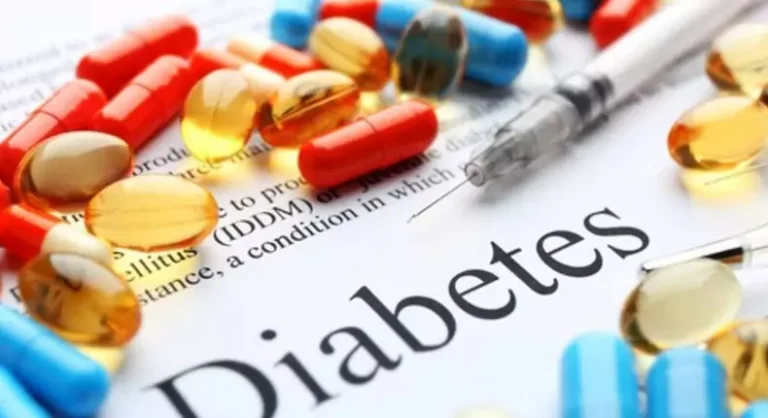The World Health Organization (WHO) has updated its Model Lists of Essential Medicines (EML) and Essential Medicines for Children (EMLc), adding new treatments for cancer, diabetes, obesity, cystic fibrosis, psoriasis, haemophilia and other blood disorders.
The revisions, covering the 24th edition of the EML and the 10th of the EMLc, bring the total to 523 essential medicines for adults and 374 for children. The lists are used by more than 150 countries to guide procurement, insurance coverage and access to medicines.
Among the cancer medicines added are pembrolizumab for metastatic cervical, colorectal and non-small cell lung cancers, with atezolizumab and cemiplimab included as alternatives. For diabetes and obesity, WHO endorsed glucagon-like peptide-1 (GLP-1) receptor agonists semaglutide, dulaglutide, liraglutide, and the dual GLP-1/GIP receptor agonist tirzepatide, citing strong evidence of benefits for patients with type 2 diabetes, heart disease, kidney disease and obesity.
WHO noted that high prices for these medicines are restricting access and urged strategies such as prioritizing high-need patients, expanding use in primary care, and encouraging generic competition.
“These new editions mark a significant step toward expanding access to medicines with proven clinical benefits and high potential for global public health impact,” said Dr. Yukiko Nakatani, WHO’s Assistant Director-General for Health Systems, Access and Data.
The WHO Expert Committee reviewed 59 applications for inclusion, approving 20 new medicines for adults and 15 for children, along with expanded uses for seven existing drugs.


